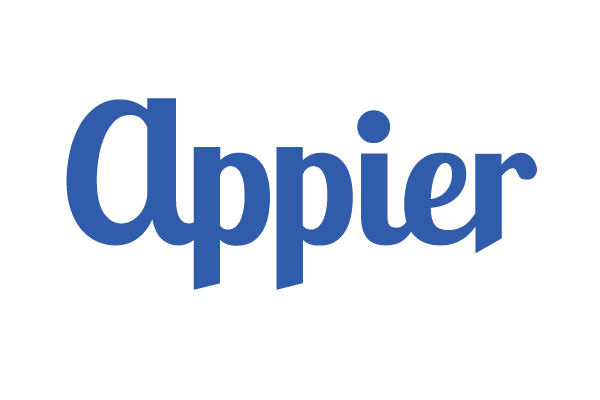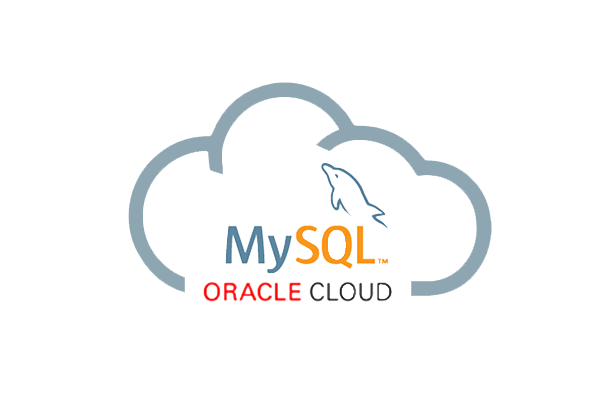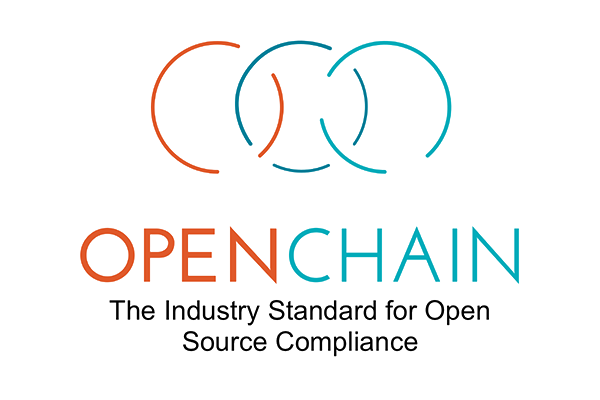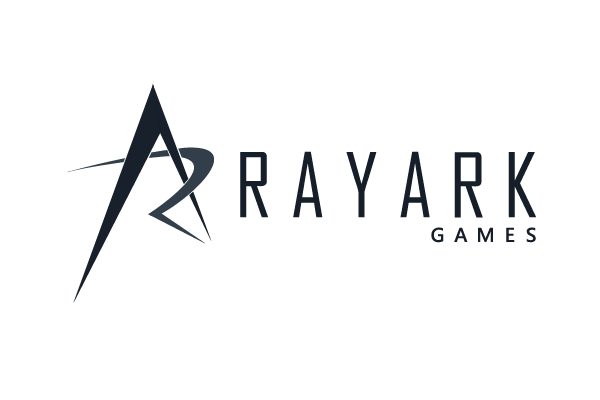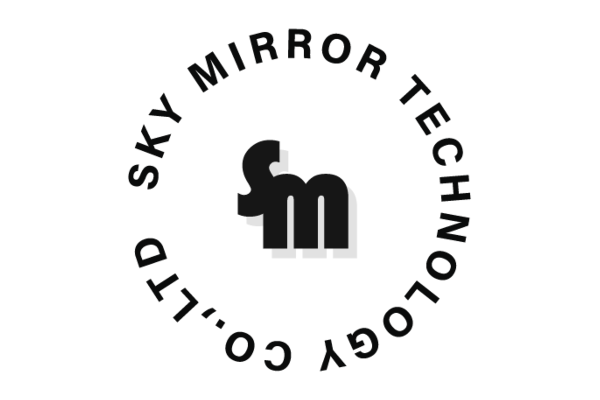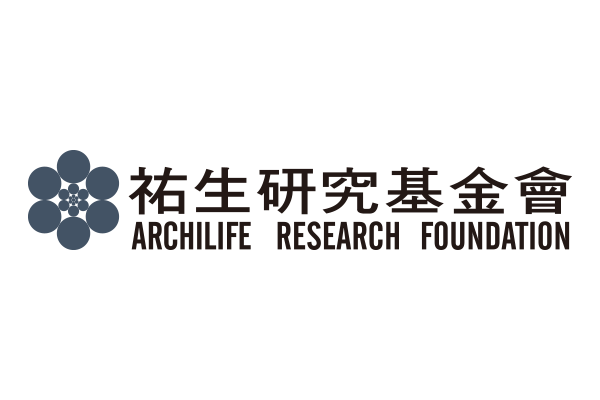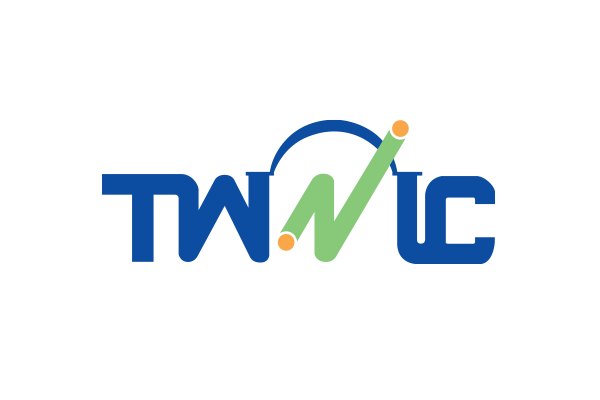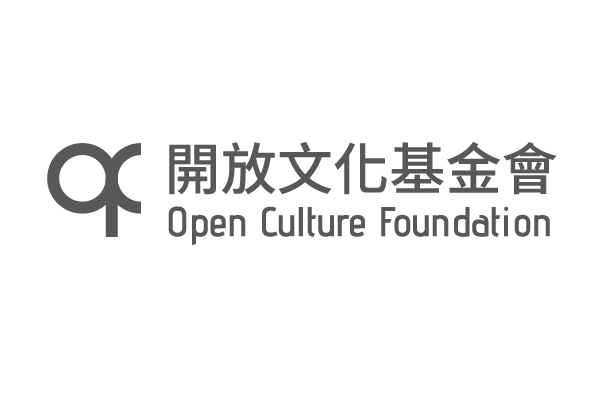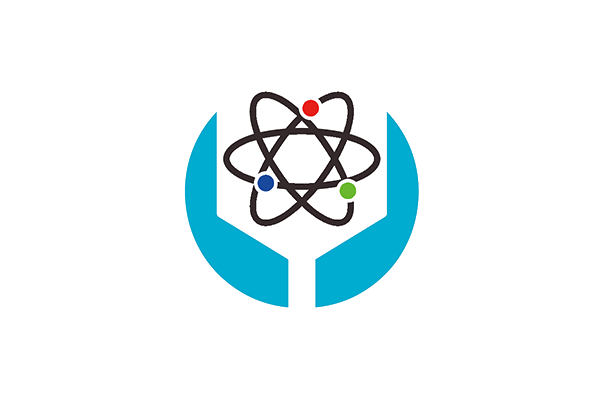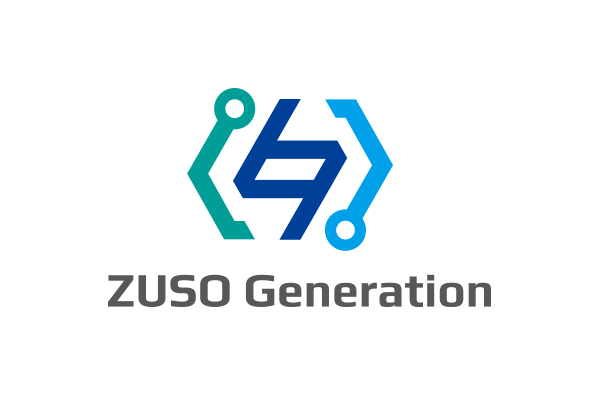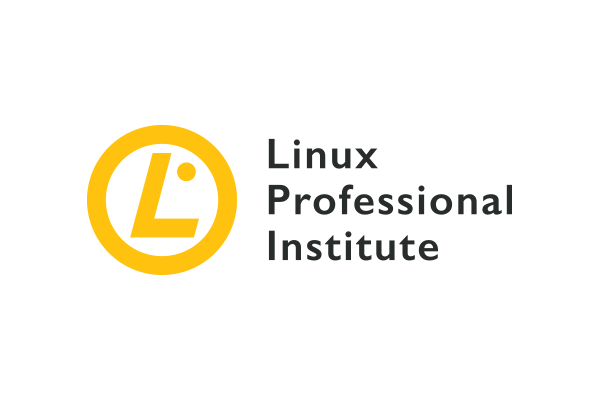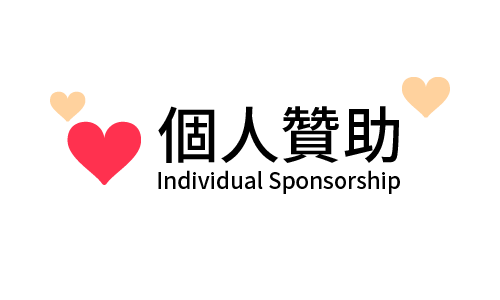OpenChain is a legal compliance process and standard for the implementation of open source software in the enterprise supply chain. It enables the upstream and downstream of the software supply to follow and share the open source compliance obligations accordingly, moreover, it can also help the enterprises to collaborate with the open source communities positively.
OpenChain is a legal compliance process and standard for the implementation of open source software in the enterprise supply chain. It enables the upstream and downstream of the software supply to follow and share the open source compliance obligations accordingly, moreover, it can also help the enterprises to collaborate with the open source communities positively.
Open Source Software has become a mainstream trend in the field of ICT in the past decade. For example, from 5G (ORAN), blockchain, AI, cloud, embedded Linux and to the application layer and driver layer, it all involves open source software implementation. In a nutshell, the industry has already been accustomed to use open source software for integration or secondary development on the products.
However, “using” open source software is not 100% “copyright-free” without obligations. To achieve legal compliance with the open source software is to abide by and fulfill all the license terms of them. Take “using GPL-licensed programs” for example, the one who performs the distribution has to provide the corresponding source codes of that program, and even marks notice that which GPL-licensed files have been changed. It turns out quite challenging to the enterprises of using respective open source software under different licenses from diverse resources. To properly tackle this situation, the Linux Foundation established the OpenChain project, where multiple cross-field ICT companies share their open source management experiences as the fundamental guideline, and then among the OpenChain members, they can jointly develop and update the suggested and even standardized open source compliance processes and specification to be implemented by everyone in the supply chain.
This year the management process introduced by OpenChain shall soon become an ISO/IEC international standard. In this session, the speakers will introduce the OpenChain Taiwan Group’s coming public event in September, explain the latest OpenChain specifications and the state of the industry about it, and illustrate with examples about how to enable the industry to concurrently serve open source community interaction in a positive way, and manage open source software in a classified and efficient manner, reduce copyright infringement risks and save the unnecessary expenditure of R&D resource with the help of OpenChain workflow guidance.
About 林上智 (SZ LIN)
SZ Lin is the governing board member of the OpenChain project and the translator of the OpenChain 2.0 specification in Traditional Chinese. He leads the OpenChain Taiwan workgroup and collaborates with other regional workgroups. Also, SZ is the CIP (Civil Infrastructure Platform) technical steering committee member and the kernel team’s former chair.
Being a Debian developer, he works on various open source projects and involves himself in open source communities, mainly contributes and maintains open source software in the security tools packaging team.
SZ has multiple speaking experiences, such as OpenChain Japan workgroup meeting,OpenChain Taipei workshop、Debian Conference、Embedded Linux Conference、Embedded Linux Conference Europe、Open Source Summit Japan、and Open Source Summit China.
About Lucien C.H. Lin
Lucien Cheng-hsia Lin, legal adviser both of Open Culture Foundation and Gemly Int’l Intellectual Property Right Office, has been participating in the Open Source, Open Data, and Creative Commons Licenses interpretation and clarification among the local communities, official agencies, and companies in Taiwan for more than 10 years. He is best known for being the main proposer and drafter of the “Open Government Data License Taiwan 1.0” (https://data.gov.tw/license), with an one-way CC BY 4.0 switching mechanism implemented, which can make most of the materials on Taiwan Open Data portal available under CC BY 4.0 license.

